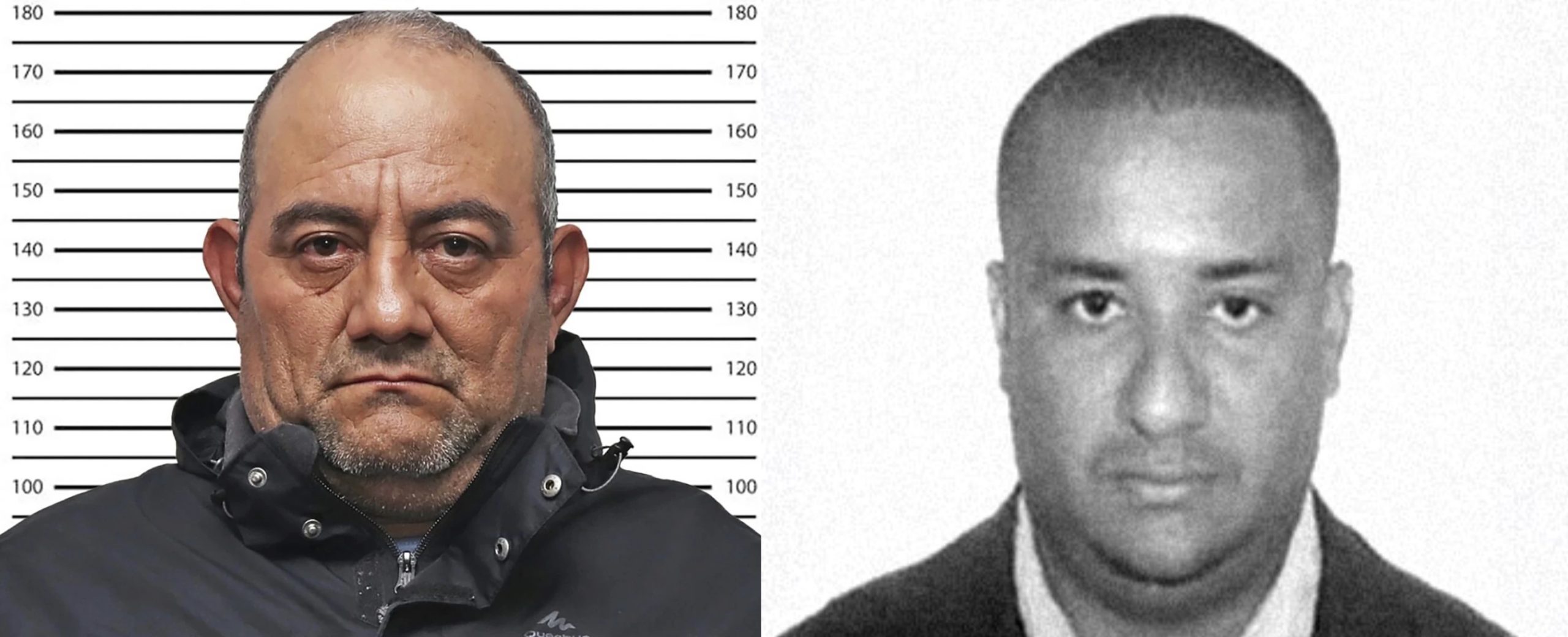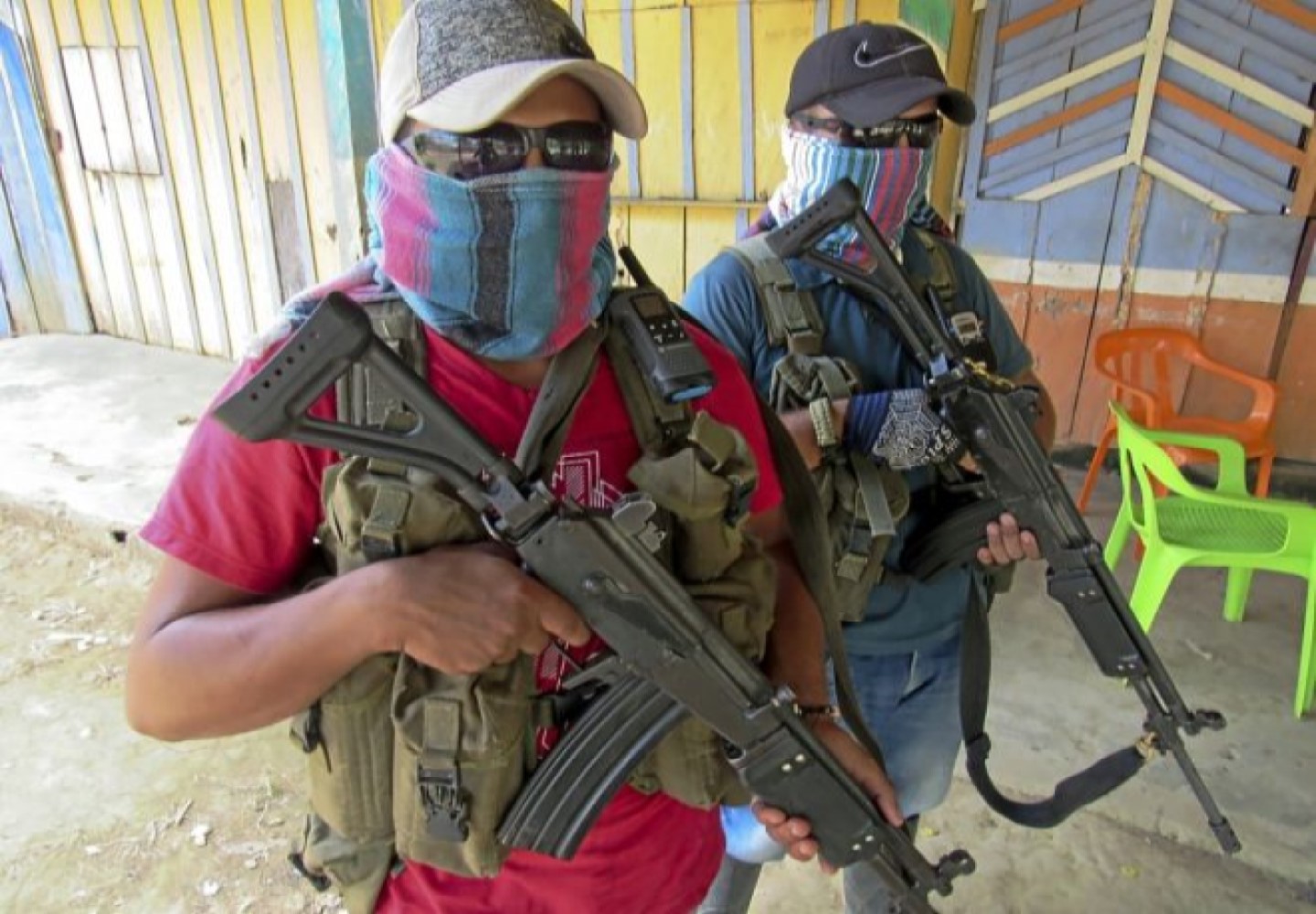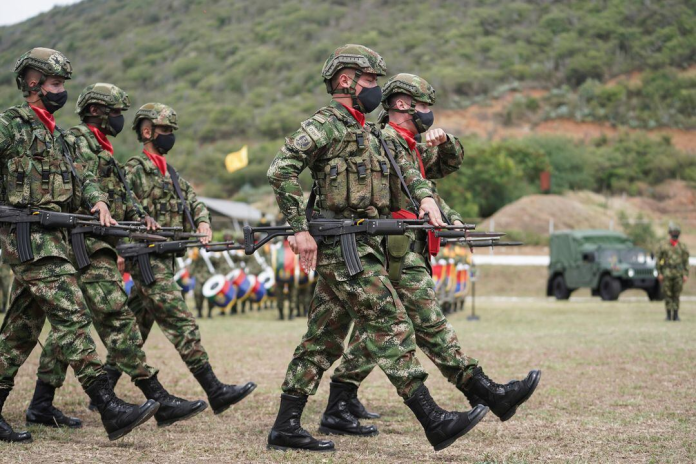A Renewed Offensive
The Colombian government announced on Wednesday that they plan to reinitiate an offensive aimed solely at Clan del Golfo (the Gulf Clan), Colombia’s largest narco cartel.
The renewed offensive comes after the capture of drug lord and Clan del Golfo leader, Dairo Antonio Usuga David, also known as “Otoniel,” in October 2023. Otoniel was extradited to the United States later that year. Otoniel had 128 arrest warrants, seven convictions, and two red and blue notices in INTERPOL prior to his capture.
The drug lord was captured following the successful undertaking of Operation Agamemnon, an operation with the intent to capture key leaders of the Gulf Clan, most notably Otoniel. Following the success of Operation Agamemnon, however, authorities sought to phase out the operation, replacing it with Operation Condor, which would seek to arrest the successors of Otoniel, notably Chiquito Malo, who took over from Otoniel as leader of the Gulf Clan.

However, following a meeting between President Gustavo Petro and authorities from the Colombian police and military, Agamemnon was reimplemented.
Agamemnon is a joint operation between the Colombian police and military with the sole intention of targeting Clan del Golfo, one of the Colombian government’s largest threats in the criminal underground. While the operation was originally led by the Directorate of Criminal Investigation and Interpol (DIJIN), General William René Salamanca announced that Brigadier General Rossemberg Novoa would take control of the operation.
DIJIN is INTERPOL’s lead agency for regional and global investigations into transnational crime linked to Colombia. The international organization has established itself in Colombia due to the nation’s strategic location between North and South America, the Caribbean Sea, and the Pacific Ocean.
General Salamanca further stated that the government would undergo improvements to the quality of life of police, having already pledged 680 billion pesos (173 million USD) to the health, education, and recreation of police and their families. The General further noted that Colombian police will be pursuing further international cooperation while improving surveillance systems across the country before stating efforts to improve conditions at 140 national police stations would be undertaken, as they were “in the worst conditions of dignity.”
Who is Clan del Golfo?
The Gulf Clan, also known as the Gaitanist Self-Defense Forces of Colombia (ACCU) and formerly known as Los Urabenos and Clan Usuga, was formed sometime in the mid 2000s following the demobilization of right-wing paramilitary groups, such as the United Self-Defense Forces of Colombia (AUC). In the early days of the group’s existence, Clan del Golfo, known as ACCU at the time, presented themselves as those who carried on the AUC’s legacy of ‘protecting citizens of Colombia from attacks from left-wing guerillas’. However, as time carried on, the Gulf Clan would turn to alternative sources in order to fund their organization, much like other paramilitary groups turned drug traffickers, such as the FARC and ELN.

The group would fight over territory with the FARC in its early days before establishing the group in northwestern Colombia, where they ACCU would gain control over key drug trafficking routes through the Caribbean and into the United States.
But the group’s income isn’t solely defined by narcotics; the Gulf Clan also has its hands in arms trafficking, extortion, human trafficking, and even illegal mining operations, which have previously shut down the mining operations of Zijin, a Chinese resource extraction company.
The Future of the Gulf Clan
While Colombian authorities continue their relentless crusade against Clan del Golfo, it is uncertain whether the arrest of the group’s leaders will result in the downfall of the organization, as the arrest and subsequent prosecution of previous leaders have not led to the demise of the organization.
Some worry that such leadership changes will lead to instability within the organization and result in internal violence slipping into the civilian populace.


